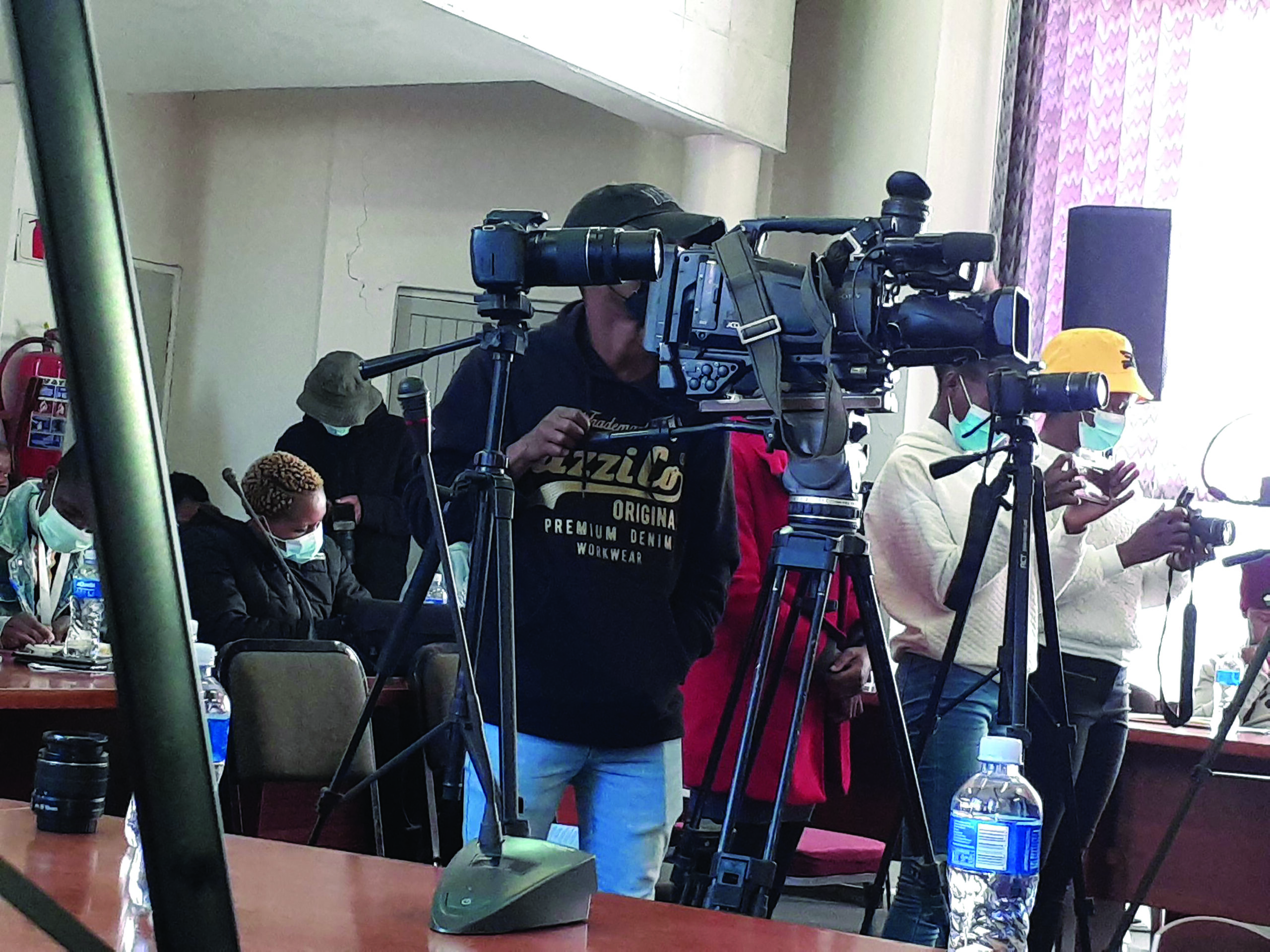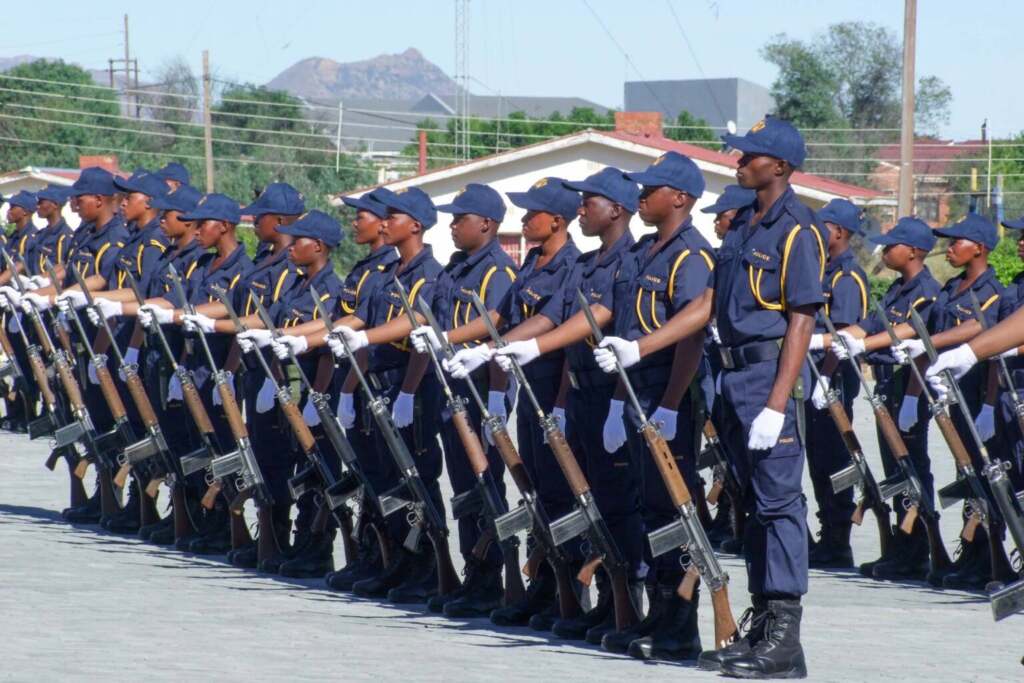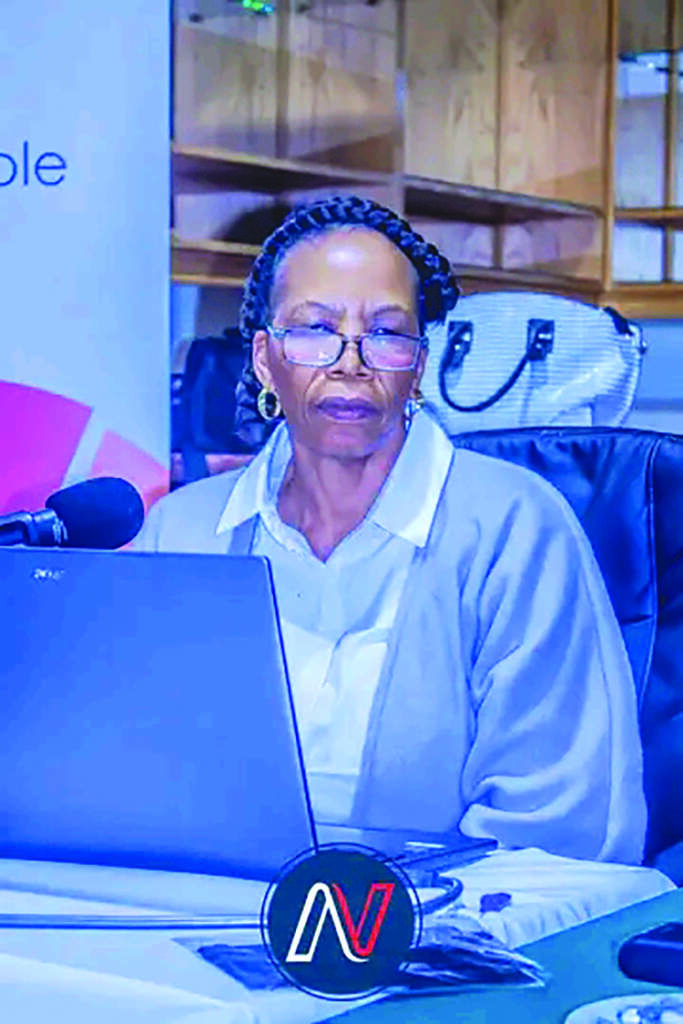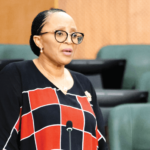… MISA Lesotho demands action
Ntsoaki Motaung
A recently published survey by the Afrobarometer has shed light on the complex relationship between Basotho and the media.
While Basotho express strong support for the media’s role as a watchdog over the government and endorse media freedom in principle, there exists a significant divide regarding the actual freedom of the country’s media.
Conducted by Advision Lesotho, the Afrobarometer survey interviewed a nationally representative sample of 1,200 citizens in February-March 2022.
The robust sample size provides insights at a country level with a margin of error of +/-3 percentage points at a 95 percent confidence level, offering valuable insights into public sentiment.
The survey was published on April 26, 2024,
One striking finding of the survey is that more than two-thirds of Basotho, constituting 68 percent, believed that the media should “constantly investigate and report on government mistakes and corruption.”
This overwhelming endorsement of the media’s watchdog role reflects a deep-seated desire for transparency and accountability within the government.
However, despite this strong support for media scrutiny of government affairs, the survey revealed a divergence of opinions regarding the actual state of media freedom in Lesotho.
While some segments of the population perceive the media as free and independent, others harbor doubts about the extent to which journalists can operate without undue influence or censorship.
Moreover, the survey highlighted Basotho’s demand for public access to government-held information, including bids and contracts, local government council budgets, and the salaries of teachers and local government officials.
According to the survey, approximately seven out of every ten citizens, constituting 71 percent, vehemently insist on the preservation of media freedom.
However, a concerning 27 percent endorse the government’s right to prevent the publication of materials it disapproves of.
Furthermore, the survey revealed that more than six in ten individuals, accounting for 64 percent, agree with the proposition that information held by public authorities should be shared with the public.
In terms of perceived media freedom, the survey reported that a slim majority of Basotho, comprising 53 percent, view the country’s media as either “somewhat free” or “completely free” to report and comment on the news without government interference.
While this may signal some degree of confidence in the media’s independence, the fact that nearly half of the population holds reservations about its freedom underscores the precarious state of press freedom in the country.
Commenting on the results of the survey, Kananelo Boloetse, chairperson of the Lesotho Chapter of the Media Institute of Southern Africa (MISA Lesotho) said: “I find the findings of the Afrobarometer survey both encouraging and concerning.”
Boloetse said it was heartening to see that Basotho recognise the vital role of the media as a watchdog over the government and indicated that this underscored a strong belief in the principles of democracy and good governance.
“On the other hand, the mixed views on whether media freedom exists in practice are disconcerting. While Basotho value media freedom and reject the notion of government control over public information, the reality on the ground appears to be less clear-cut,” he said.
He explained that the dissonance between principle and practice highlighted the pressing need for concrete measures to safeguard press freedom in the country.
“Access to information is not just a privilege but a fundamental right, one that should be enshrined in the very fabric of our nation’s legal framework. It should be explicitly outlined in Chapter II of the Lesotho Constitution, under the Bill of Rights,” he said.
Boloetse stated that without this legal foundation, the guarantee of media freedom remained vulnerable to erosion and manipulation.
“Furthermore, press freedom itself should be explicitly protected by our Constitution. It is not enough to acknowledge its importance; we must ensure its preservation through legal mechanisms that shield journalists from undue influence or persecution,” he said.
“These principles are not new demands. Basotho have long advocated for these fundamental rights and protections. It is incumbent upon us, as representatives of the media, to amplify their voices and push for meaningful reforms,” he added.
Boloetse stressed that the media sector in general, and MISA Lesotho in particular, cannot afford to let these crucial issues fall by the wayside in the implementation of the comprehensive national reforms.
“That is why we have approached courts twice when we thought that these principles were being pushed aside. It is my hope that policymakers, stakeholders, and in particular, development partners who are funding the reforms process, will heed the calls of the people and prioritise the enactment of legislation that upholds press freedom and access to information,” he said.
“Only then can we truly fulfill the democratic aspirations of our people and build a society founded on transparency, accountability, and freedom of expression,” he added.
Regarding news consumption, the Afrobarometer survey found that radio stands as the predominant source of news consumption in Lesotho, with a staggering 72 percent of citizens tuning in at least “a few times a week.”
Following closely behind are television and social media, each utilised by 42 percent of the population.
The Internet follows suit, accessed for news by 31 percent of respondents, while newspapers trail behind at a mere 10 percent.
“While radio is king among news sources in Lesotho, television and social media play a vital role as well, providing news to more than four in 10 citizens on a regular basis,” Afrobarometer said.
Summary
- While Basotho express strong support for the media’s role as a watchdog over the government and endorse media freedom in principle, there exists a significant divide regarding the actual freedom of the country’s media.
- In terms of perceived media freedom, the survey reported that a slim majority of Basotho, comprising 53 percent, view the country’s media as either “somewhat free” or “completely free” to report and comment on the news without government interference.
- Boloetse said it was heartening to see that Basotho recognise the vital role of the media as a watchdog over the government and indicated that this underscored a strong belief in the principles of democracy and good governance.

Your Trusted Source for News and Insights in Lesotho!
At Newsday Media, we are passionate about delivering accurate, timely, and engaging news and multimedia content to our diverse audience. Founded with the vision of revolutionizing the media landscape in Lesotho, we have grown into a leading hybrid media company that blends traditional journalism with innovative digital platforms.










